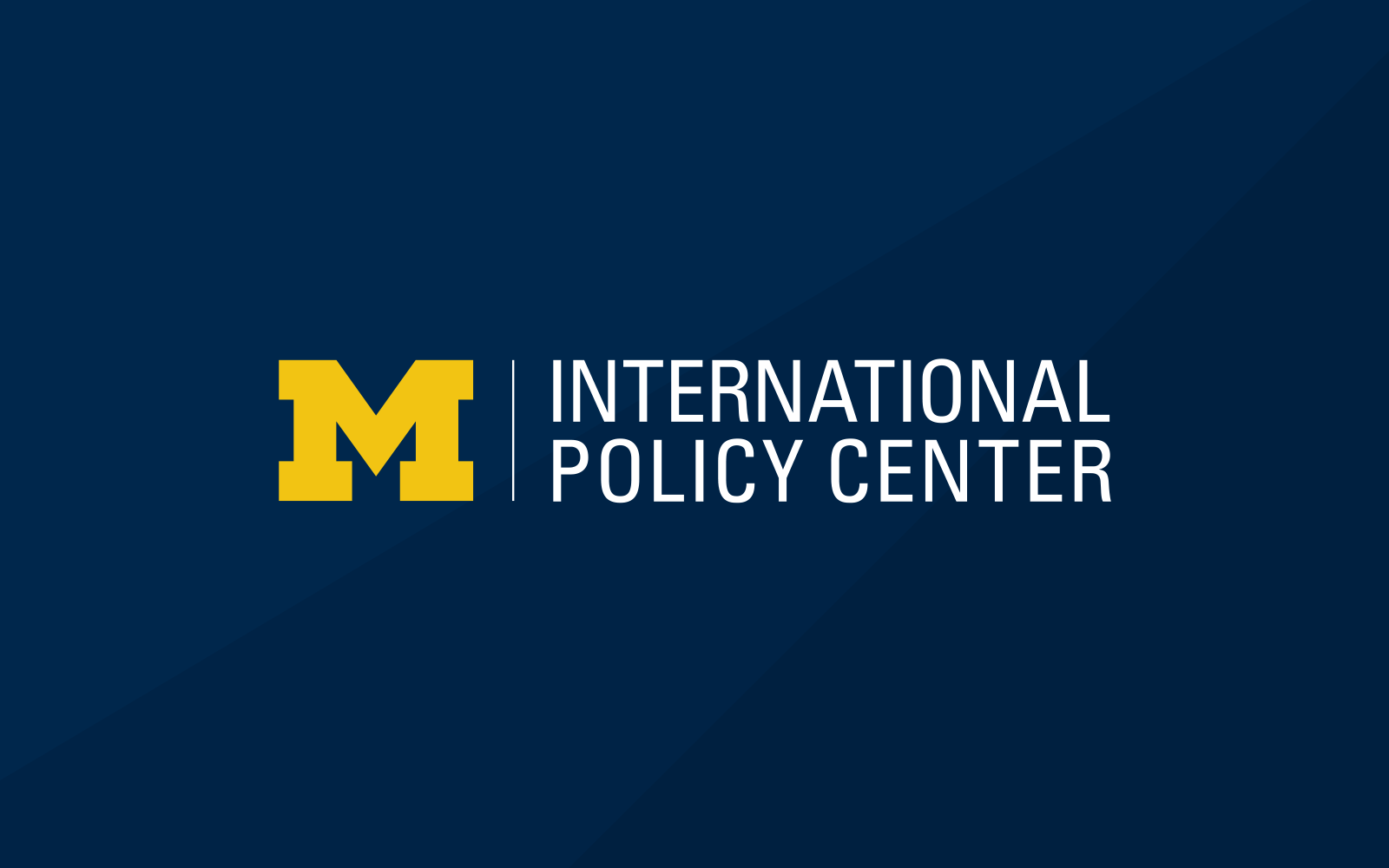A signal to end child marriage: Theory and experimental evidence from Bangladesh
Speaker
Dr. Erica Field, Duke UniversityDate & time
Location
This is a Virtual Event.
Abstract
Child marriage remains common even where female schooling and employment opportunities have grown. We introduce a signaling model in which bride type is imperfectly observed but preferred types have lower returns to delaying marriage. We show that in this environment the market might pool on early marriage even when everyone would benefit from delay. In this setting, offering a small incentive can delay marriage of all treated types and untreated non-preferred types, while programs that act directly on norms can unintentionally encourage early marriage. We test these theoretical predictions by experimentally evaluating a financial incentive to delay marriage alongside a girls’ empowerment program designed to shift norms. As predicted, girls eligible for the incentive are 19% less likely to marry underage, as are nonpreferred type women ineligible for the incentive. Meanwhile, the empowerment program was successful in promoting more progressive gender norms but failed to decrease adolescent marriage and increased dowry payments.
If you are interested in attending this seminar, please email [email protected].
This talk is presented by the Economic Development Seminar, and generously sponsored by the Ford School's International Policy Center, the Department of Economics through a generous gift given by Jay and Beth Rakow, and the Ross School's Business Economics group.
